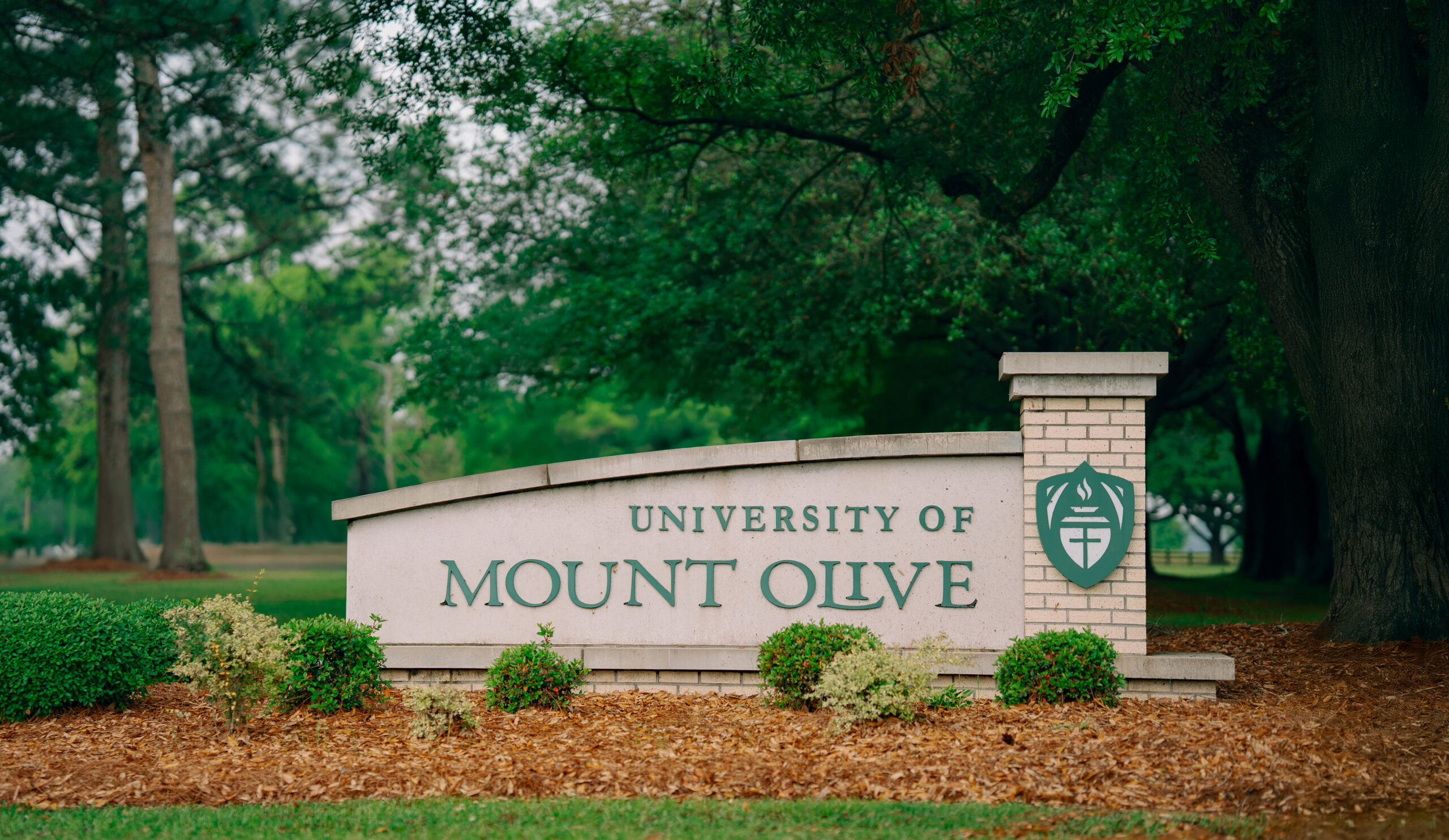Early voting starts on Oct. 16
With early voting for municipal elections less than three weeks away, towns across Duplin County are gearing up for pivotal local races that could shape the future of water infrastructure, economic development and public accountability. From uncontested incumbents to fiercely contested town board seats, the upcoming election offers a snapshot of civic engagement and disengagement at a critical time for local leadership.
Now is the time to get informed, as early voting for the Nov. 4 municipal election begins on Oct. 16. The political landscape across Duplin County reflects a blend of stability and emerging changes.
Several towns including Faison, Mount Olive, Warsaw and Calypso are experiencing dynamic election cycles.
In Mount Olive, the entire town board and the mayor’s seat are up for election, with several incumbents opting not to seek reelection, leading to significant changes in leadership.
The stakes are high in Mount Olive, as the town faces challenges stemming from a recent state audit that revealed financial mismanagement and struggles with a long-standing sewer moratorium due to repeated wastewater violations and aging infrastructure.
Mayor J. Jerome Newton is running unopposed for reelection. Newcomers Harlie Junior Carmichael and Don Fairman are competing for the at-large seat. Incumbent Commissioner Delreese Simmons is running unopposed in District 2, while newcomers Gena Messer-Knode and Camilla Loftin are vying for the District 3 and District 4 seats.
Warsaw is facing a heated election amid ongoing wastewater treatment violations, including a recent incident in which millions of gallons of partially untreated water spilled into Stewarts Creek and went unreported to the public for several days. Also, the recently adopted $4.1 million budget for FY 2025–26 has stirred controversy. Although the property tax rate saw a modest decrease, water and sewer rates rose, along with staff wages and stipends for elected officials. Many residents are pushing back, questioning the town’s fiscal priorities.
In this election, incumbent Mayor A.J. Connors is challenged by political newcomer Wesley Boykin in a rare contested race. The commissioner race is competitive, with five candidates vying for two seats. Here, incumbents Al Searles and Ebony Wills-Wells are running against Sheree Shepard, Kiara Smith and Cheryl Smith.
Meanwhile, Calypso’s contested mayoral race between Mayor JoAnne Bowden-Wilson and Mayor Pro Tem Marvin “Marty” Taylor reflects a leadership crossroads. Incumbent Larry Cashwell and newcomers Rodney Lambert Jr. and Willie Wilcutt are vying for two town board seats. This lineup suggests possible shifts in leadership, marking one of Calypso’s more engaged election cycles in recent years.
In Faison, while incumbent Mayor Billy Ward is running unopposed, the real action is in the commissioner race, where incumbents Sandy McCarty, Juan Carlos Quintanilla and Ken Avent Jr. aim to retain their positions against challengers Alane Brewer Floyd and Joan Babcock.
Wallace also stands out as the town approaches its upcoming municipal election amid significant changes. Incumbents Mayor Jason Wells, Councilman Jason Davis and Councilwoman Tasha Herring-Redd are all seeking reelection, signaling continuity. At the same time, political newcomer Glenn Price adds a twist to the race by challenging for a council seat. This election comes at a crucial moment for Wallace, which is experiencing notable growth and infrastructure expansion.
In contrast, neighboring towns like Beulaville, Kenansville, Magnolia and Greenevers are facing minimal competition, with incumbents running unopposed or with just enough candidates to fill the available seats.
In the lead-up to the election, Duplin Journal is preparing to bring voters in-depth Q&A features with their local candidates. Duplin Journal is also inviting the community to weigh in through a brief survey: Your Voice, Your Town. Tell us what matters most to you, and what questions you would like to ask candidates and current leaders. Visit tinyurl.com/duplinvotes25 to take the survey and get your answers before heading to the polls.
All candidates are invited to participate in the Q&A. If you are a registered candidate and have not received an invitation to participate, please send your email address to ena@northstatejournal.com to be included. Be sure to include “Candidate Q&A” and your town on the subject headline and we will email you the questions. Participation is completely free.

Beulaville
Beulaville has three municipal positions on the ballot: mayor and two town board positions.
Running for mayor:
Running for commissioner:
Calypso
Calypso voters will decide three seats this year: mayor and two town board positions.
Running for mayor:
Running for commissioner:
Faison
Faison’s election includes the mayoral seat and three town board positions.
Running for mayor:
- Incumbent Mayor Billy Ward
Running for the town board:
-
Incumbent Commissioner Sandy McCarty
-
Incumbent Commissioner Juan Carlos Quintanilla
-
Incumbent Commissioner Ken Avent Jr.
-
Newcomer Alane Brewer Floyd
-
Newcomer Joan Babcock
Greenevers
Greenevers voters will fill three town board seats.
Running for commissioner:
-
Incumbent Commissioner Gregory Carr
-
Incumbent Commissioner Timothy Murphy
-
Incumbent Commissioner Roszena Devione-Bivens
Kenansville
Kenansville’s election includes the mayoral seat and two town board positions.
Running for mayor:
- Mayor Stephen Williamson Jr.
Running for the town board:
Mount Olive
Running for mayor:
- Incumbent Mayor J. Jerome Newton
Running for Commissioner-at-large:
Running for Commissioner:
-
Incumbent Delreese Simmons (District 2)
-
Gena Messer-Knode (District 3)
-
Camilla Loftin (District 4)
Magnolia
Magnolia has three town board seats up for election.
Running for Commissioner:
- Incumbent Jeanine Cavenaugh
Rose Hill
Rose Hill’s election features the mayor and two town board seats.
Running for mayor:
- Incumbent Mayor Davy Buckner is running unopposed
Running for Commissioner:
-
Incumbent Tashau Mathis
-
Newcomer Perry Tully
-
Newcomer Randy Barrios
Teachey
Teachey voters will elect two town board members.
Running for Commissioner:
Wallace
Wallace has three positions on the ballot: mayor and two council seats.
Running for mayor:
- Incumbent Mayor Jason Wells
Running for Town Council:
Warsaw
Warsaw’s election includes the mayor and two town board seats.
Running for mayor:
Running for Commissioner:
Duplin Candidates
If you are a registered candidate and have not received an invitation to participate, please send your email address to ena@northstatejournal.com to participate in the Q&A. Be sure to include “Candidate Q&A” and your town on the subject headline and we will email you the questions. Participation is completely free.
Voters
Your Voice, Your Town — to take the survey visit: tinyurl.com/duplinvotes25
 Twitter
Twitter Facebook
Facebook Instagram
Instagram






